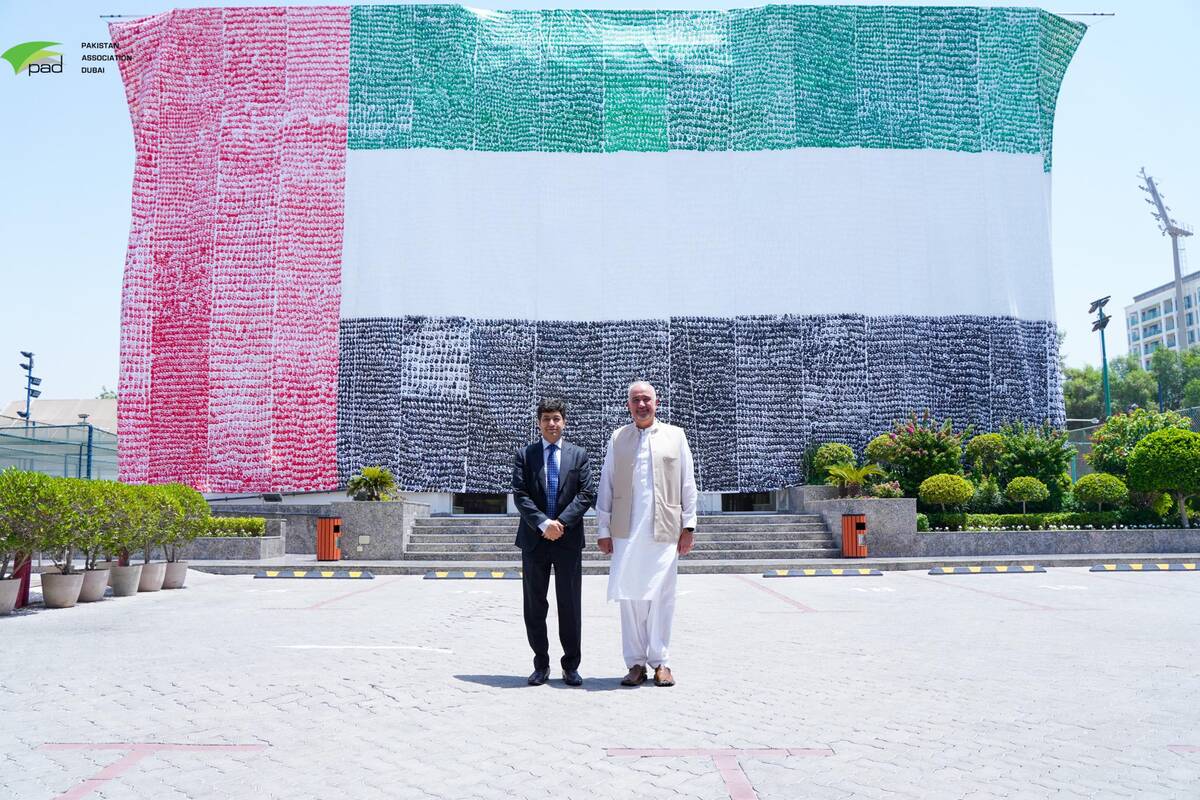ISLAMABAD: A public holiday was announced across Pakistan today, Tuesday, on the 26th anniversary of the South Asian nation conducting nuclear tests in May 1998, shortly after neighboring archrival India conducted similar tests.
Pakistan began a program to obtain nuclear weapons after its war with India in 1971 war that led to the division of the country and the creation of Bangladesh, then East Pakistan. The army sees its nuclear weapons as essential to offset the conventional superiority of its much bigger neighbor.
India sees its own nuclear weapons as a deterrent against Pakistan and China, which defeated it in a border war in 1962.
Pakistan tested nuclear weapons on May 28, 1998, shortly after India announced it had done so. Both countries faced international sanctions as a result, although India has since won effective recognition as a nuclear power following an accord negotiated with the United States. Neither Pakistan nor India have signed the nuclear Non-Proliferation Treaty (NPT).
“The nation is observing Youm-e-Takbeer today with national zeal and fervor in remembrance of successful nuclear tests conducted on this day in 1998 that made the defense of the country invincible,” state broadcaster Radio Pakistan said.
“The day made Pakistan the seventh nuclear nation of the world and the first Muslim state having the nuclear arsenal in its defense stockpile to exercise deterrence for peaceful purposes.”
Radio Pakistan said Prime Minister Shehnaz Sharif had announced a public holiday today “for making Pakistan’s defense impregnable.”
India has much stronger conventional armed forces than Pakistan, but it is widely believed that both countries have comparable nuclear arsenals.
Pakistan has 140-150 nuclear warheads compared to India’s 130-140 warheads, according to a 2018 report by the Stockholm International Peace Research Institute (SIPRI).
They are comparable in the sense that both have the capability to strike each other’s territories and cause immense damage and massive loss of life.
In a 2019 Worldwide Threat Assessment, US Director of National Intelligence Daniel R. Coats said, Pakistan “continues to develop new types of nuclear weapons, including short-range tactical weapons, sea-based cruise missiles, air-launched cruise missiles, and longer-range ballistic missiles,” noting that “the new types of nuclear weapons will introduce new risks for escalation dynamics and security in the region”
The Defense Intelligence Agency appeared to tone down its language slightly in its 2021 and 2022 Worldwide Threat Assessments, stating that “Pakistan very likely will continue to modernize and expand its nuclear capabilities by conducting training with its deployed weapons and developing new delivery systems…” but not explicitly noting inherent escalation risks.
At a Democratic congressional campaign committee reception in 2022, US President Joe Biden said Pakistan may be “one of the most dangerous nations in the world” as the country has “nuclear weapons without any cohesion.”
Sharif, then serving his first term as PM, rejected the comments as “factually incorrect and misleading” and said Pakistan had proven to be a “most responsible nuclear state” over the past decades, with its nuclear program managed through a “technically sound and foolproof command and control system.”
“Pakistan has also consistently demonstrated responsible stewardship of its nuclear-weapons capability, marked by a very strong commitment to global standards, including those of IAEA (International Atomic Energy Agency) on non-proliferation, safety, and security,” a press release from Sharif’s office said.

















